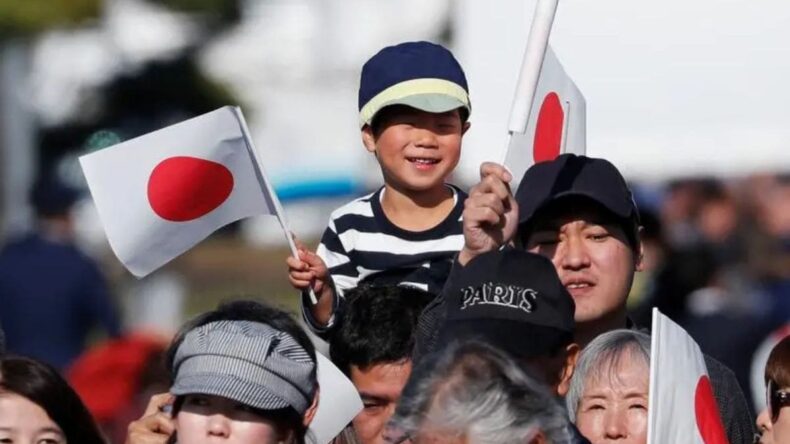The attack on Japanese PM Fumio Kishida shows Japan’s VIP security system is vulnerable. Experts recommend comprehensive measures and holding events indoors with bag checks and metal detectors. As Japan hosts the G7 summit, the government has been instructed to improve security measures.

Table of Contents
The recent attack on Japanese Prime Minister Fumio Kishida during an election rally in Wakayama City, western Japan, has raised concerns about VIP security, just weeks before Japan is set to host the G7 summit. The incident occurred when an explosive device was thrown within a meter of Kishida, which exploded seconds after the prime minister was moved to safety by police and bystanders. This attack has highlighted the vulnerabilities in Japan’s security system, and experts suggest that not enough changes have been made following the killing of former prime minister Shinzo Abe during an election campaign last year.
Experts’ Opinions: Vulnerabilities in Japan’s Security System
According to experts, the location of Kishida’s speech made it difficult for him to be protected, and authorities have not implemented the necessary security measures following Abe’s shooting. Four experts interviewed by Reuters believe smaller and less formal events are more vulnerable, while large international events such as the G7 summit can be secured with a significant police presence. Mitsuru Fukuda, a Nihon University professor specializing in crisis management terrorism, suggests that Japan needs to change its awareness and security system as the possibility of being targeted is increasing.
Government’s Response: Strengthening Security Measures

The National Police Agency had approved the security plan for the weekend rally in Wakayama, and the government has instructed authorities to strengthen security measures and ensure safety precautions at gatherings of VIPs. Kishida is among government officials who acknowledged flaws in security when Abe was killed last July. Kishida is one of the government officials who have recognized the security shortcomings that were exposed after the assassination of Shinzo Abe in July last year. In Saturday’s attack, the suspect was about 10 meters from Kishida, and initial reports called the blast a smoke bomb. However, investigations have shown that the suspect had the material to make pipe bombs.
Experts Recommend Improving VIP Security
The attack has prompted discussions on how to improve VIP security in Japan. According to Isao Itabashi, who is the chief analyst at the Council for Public Policy Chief, holding public appearances by top politicians indoors with the presence of bag checks and metal detectors is recommended. Katsuhiko Ikeda, former superintendent general of the Tokyo police, believes that a review of security plans by the National Police Agency can only go so far and that forces on the ground must have the proper sense of crisis to make the correct decisions in every eventuality.
Japan Must Implement Comprehensive Security Measures
The attack on Kishida comes at a critical time for Japan as the country prepares to host the G7 ministerial meetings and a leaders’ summit in May. It is a turning point for Japan, which needs to change its awareness and security system as the possibility of being targeted increases. The incident underscores the need for Japan to implement more comprehensive security measures to ensure the safety of VIPs.

Since smaller and less formal events are more vulnerable, Japan must review and improve its VIP security measures. The experts suggest that the authorities should not limit the review of security plans to the National Police Agency alone, but rather, involve the forces on the ground. They should also take into account the fact that the possibility of VIPs being targeted is increasing and thus ensure comprehensive security measures are in place. In this regard, public appearances by top politicians should be held indoors, with bag checks and metal detectors in place to prevent any unauthorized entry of explosive devices.
In conclusion, it is important for Japan to take the necessary measures to secure VIPs as the country prepares for the G7 summit. The government must recognize the vulnerabilities in its security system and take proactive measures to ensure the safety of VIPs, including reviewing security plans and enhancing security measures at public events. Japan must also consider the advice of experts in the field of VIP security and work towards implementing comprehensive measures to mitigate the risk of attacks in the future.













